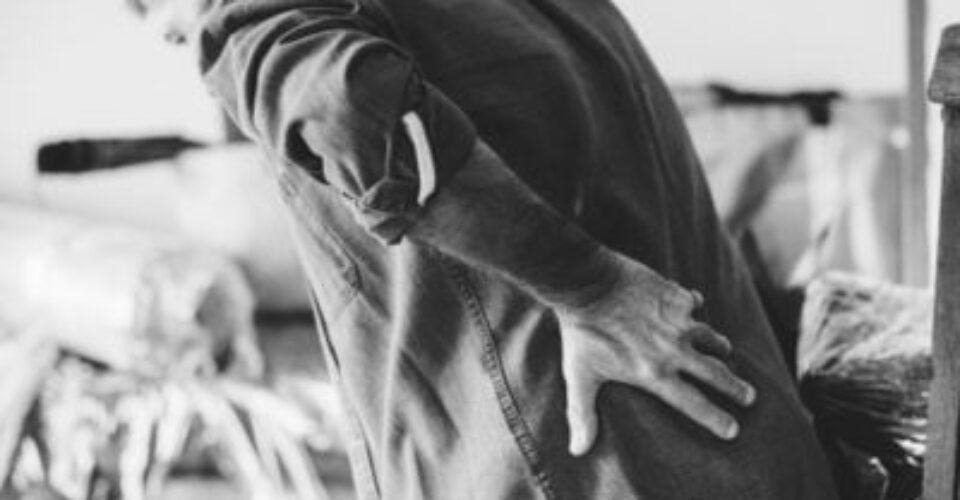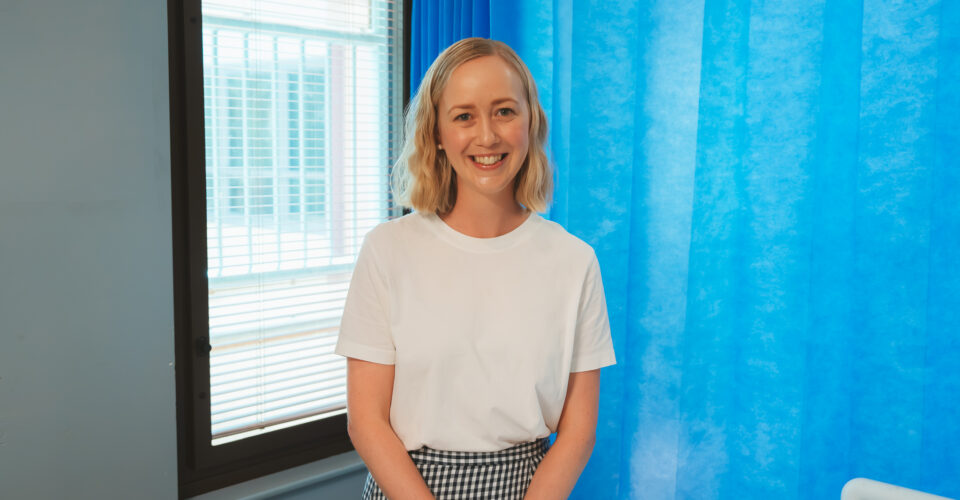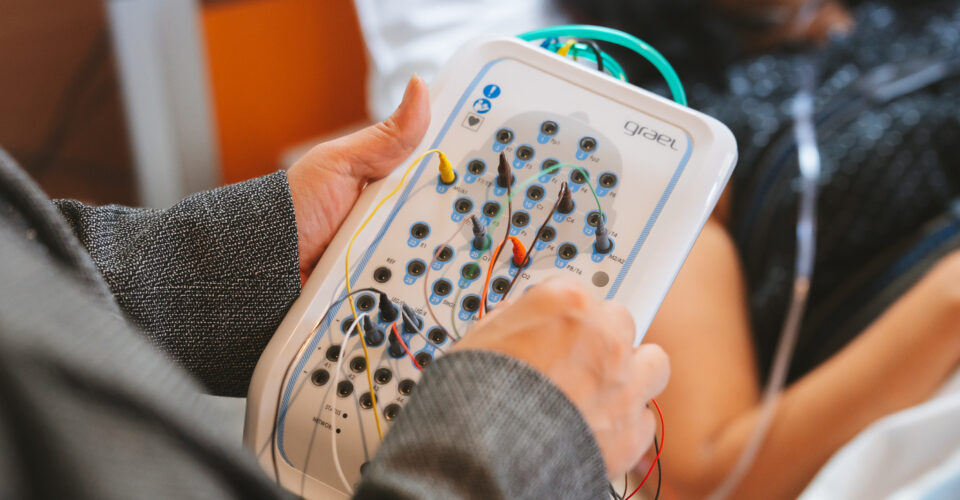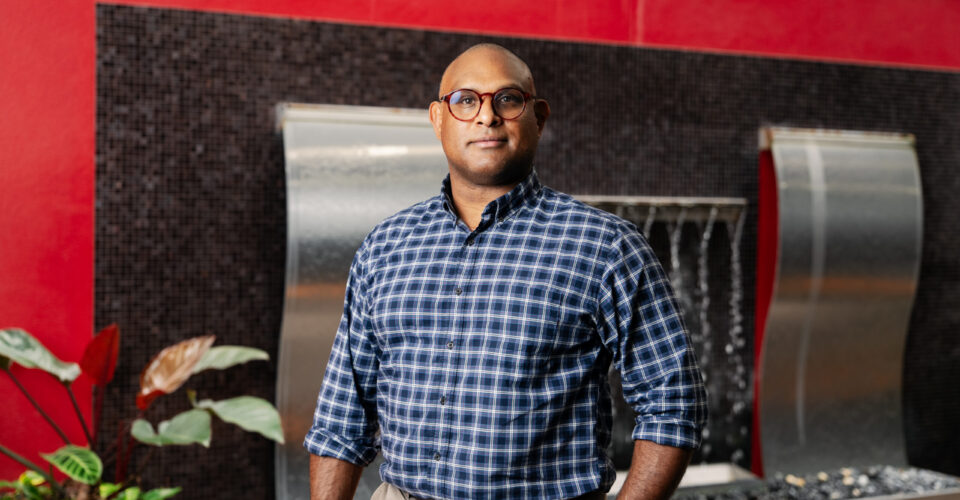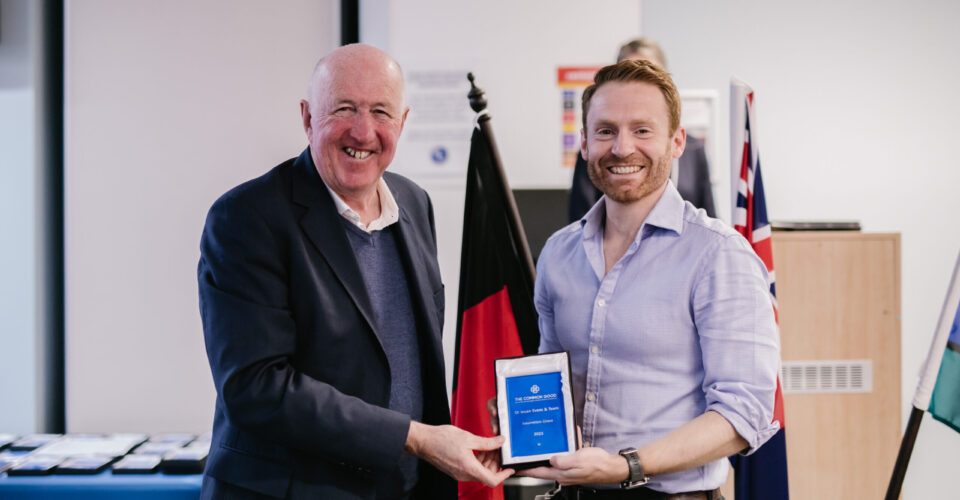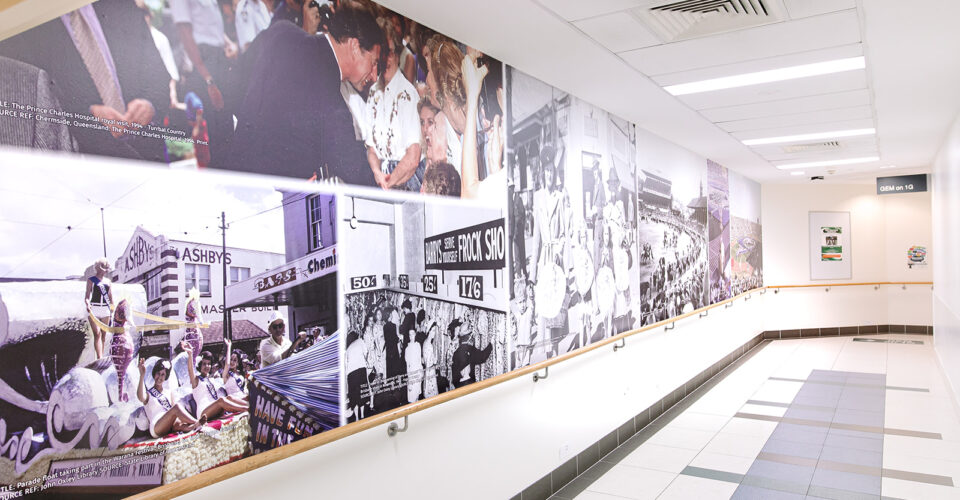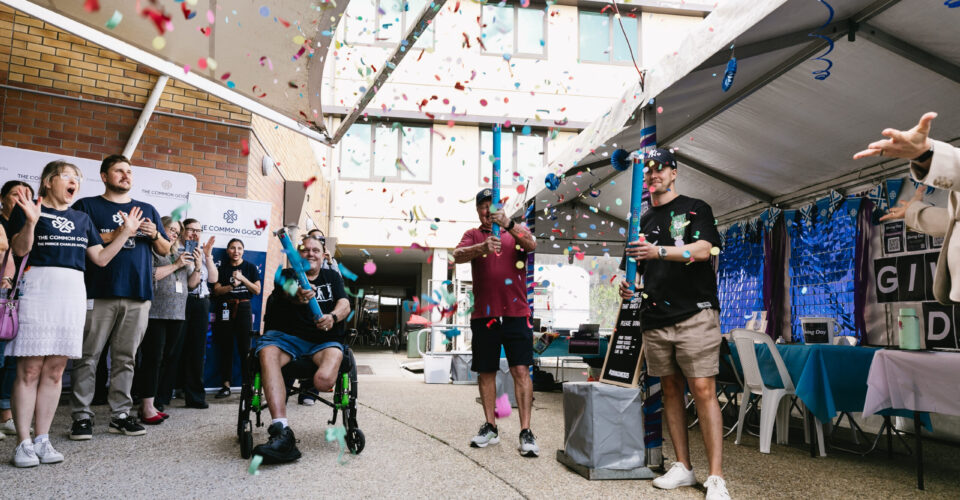Every year, 50,000 Australians suffer from stroke. Of these people, more than half will go on to have a permanent disability that makes carrying out everyday tasks difficult or impossible without help. When these patients are discharged from hospital, clinical tests are carried out by physiotherapists to determine how the patient will fair moving about and looking after themselves when they return home– most importantly, these tests are used to try and screen for a risk of the patient falling and hurting themselves.
Falls, especially for stroke survivors, can be debilitating and severe and may result in the patient returning to hospital. To counter the negative effects of falls in stroke survivors, Tatiana Paim wanted to ensure that the clinical tests conducted before patients are released are reliably indicating whether patients needed better after-care and follow up appointments with their physiotherapists.
Tatiana started her research by recruiting a number of stroke survivors for her project – in total, she studied 58 stroke patients who had been discharged from hospital and were able to walk by themselves. Tatiana then looked at their clinical test results, and ran them through a number of tests in her lab – delving deeper into more specific details such as stride distance and angle of the foot.
During her study Tatiana Paim found that unfortunately many stroke patients were returning home and continuing to suffer falls despite clinical tests indicating they would be okay. And, in some cases, the patients with the best clinical test outcomes were also ones that had fallen. Through her lab tests with these patients, she was able to identify five new parameters that are very good indications of whether a patient is likely to suffer from a fall after returning home.
The identification of these parameters will allow physios to better determine which patients will require additional care or assistance on returning home and hopefully reduce the number of falls, and resulting injury, for stroke survivors.
Support The Common Good here.
